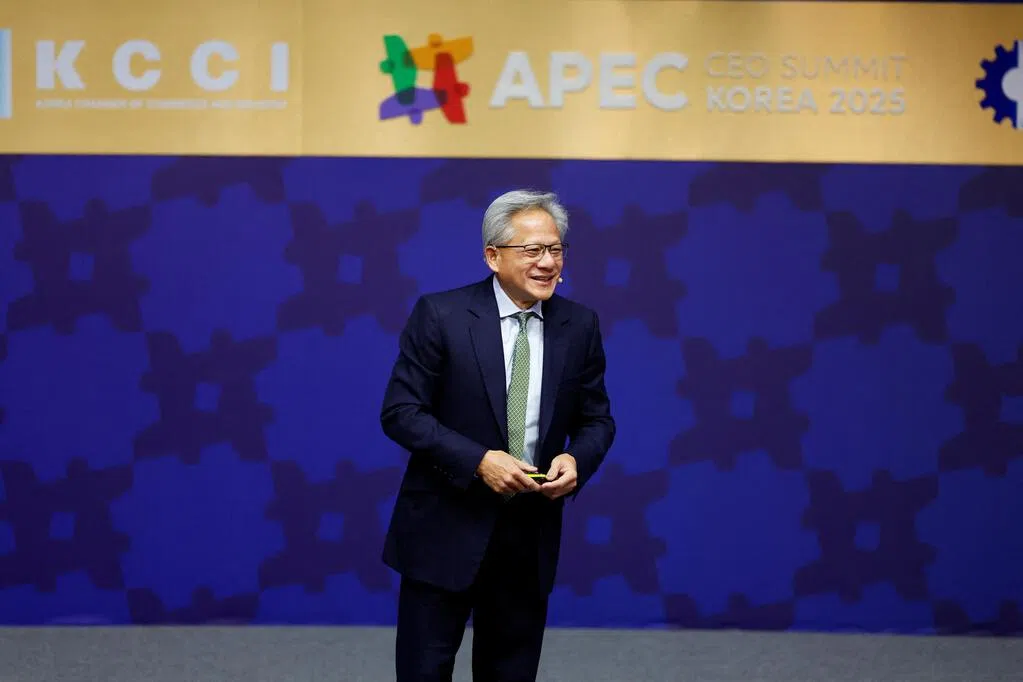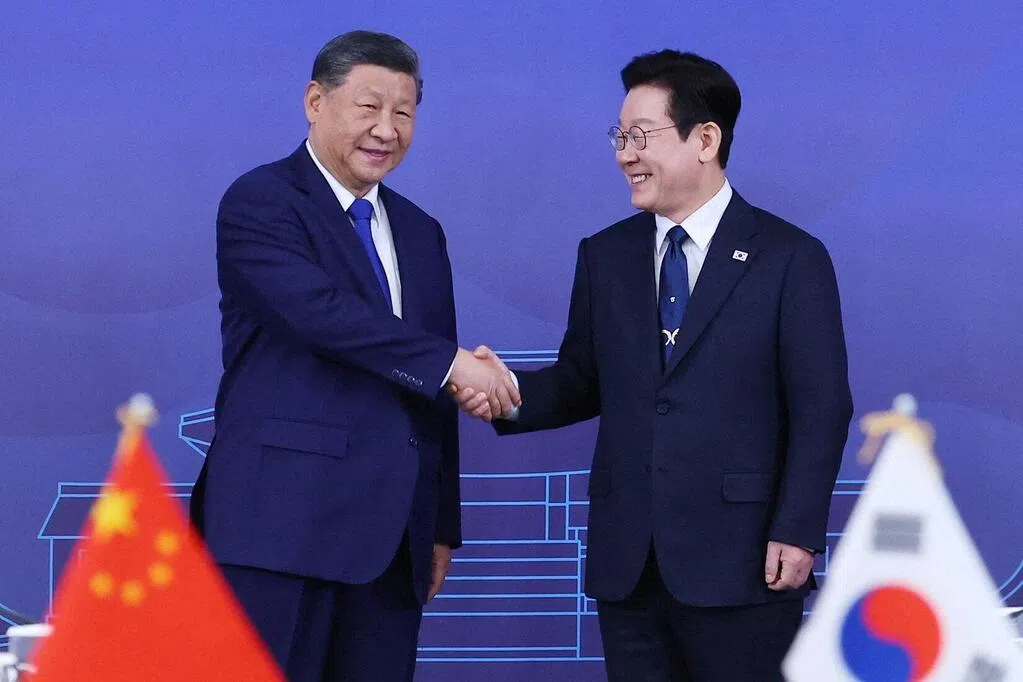South Korean President Lee Jae-myung delivered his first policy address since taking office to the National Assembly on Tuesday (November 4), urging the assembly to expedite the review and passage of the 2026 budget. This massive 728 trillion won (approximately S$660.5 billion) budget, a record high for any government, was described by Lee as "the first national budget to usher in the era of artificial intelligence (AI)," and will serve as a starting point for South Korea's future.
He stated that South Korea is at a turning point in an AI-driven era, adding, "In an AI society, being even a day late could mean falling behind a generation."
He criticized the previous administration (Yoon Seok-youl) for "wasting precious time and cutting R&D funding, causing a setback in innovation," emphasizing that "we must now accelerate our efforts to catch up," and that South Korea aims to become one of the top three AI powers.
He likened it to a modern-day analogy: "President Park Chung-hee paved the highway to industrialization, President Kim Dae-jung built the highway to information technology, and now we are building the highway to the age of artificial intelligence, ushering in a new leap forward and growth."
He stated that investment in AI will reach 10.1 trillion won (approximately S$9.16166 billion) in 2026, more than three times that of this year; the R&D budget for cutting-edge strategic industries will increase to a record high of 35.3 trillion won (approximately S$32 billion), a year-on-year increase of 19.3%. Furthermore, the government will provide an additional 200 billion won in funding to the Korea Culture and Information Fund to promote the cultural and creative industries and content industries as a new engine for national growth.
Further Reading

He emphasized that South Korea will simultaneously advance its "intelligent military" transformation alongside its AI transition, upgrading traditional weapon systems to cutting-edge AI-era weaponry. The defense budget for next year will increase by 8.2% to achieve "independent defense" ahead of schedule.
He stated, "Our military spending is already 1.4 times North Korea's GDP, and our overall military strength ranks fifth in the world. Relying on others for defense would damage national dignity."
In the areas of diplomacy and security, Lee Jae-myung stressed that the government will dedicate itself to restoring inter-Korean trust, easing military tensions, and promoting peaceful coexistence and common prosperity on the Korean Peninsula. He also reviewed the outcomes of the APEC Gyeongju Summit, stating that "the government team worked tirelessly even under the worst circumstances to achieve the best results," reiterating the pragmatic diplomatic principle of "national interests first."
He further outlined the diplomatic achievements of the trilateral summits with China, the United States, and Japan, noting that South Korea-China relations have fully recovered, and both sides will move towards a mutually beneficial partnership through a strategic cooperative partnership; the South Korea-US summit reached substantial consensus on tariffs and nuclear submarine fuel supplies, reducing economic and foreign exchange market uncertainty and laying the foundation for "independent defense."
The largest opposition party protested outside the National Assembly against the crackdown. The speech was held amidst a complete boycott by the largest opposition party, the People Power Party. Instead of attending the plenary session, all party members dressed in black and wearing black masks held a rally outside the National Assembly condemning the suppression of the opposition, holding signs that read "Suppression of the Opposition" and "Illegal Special Investigation."
The protest stemmed from the previous day's application for an arrest warrant for former National Assembly representative Chu Kyung-ho on suspicion of "aiding and abetting internal strife," sparking a strong backlash. When Lee Jae-myung arrived at the National Assembly building, some members chanted slogans such as "The criminals are here." Due to the collective absence of the opposition, nearly 100 seats in the National Assembly were empty.
Commentators pointed out that this scene was strikingly similar to the Democratic Party's refusal to listen to policy speeches during the Yoon Seok-youl administration three years ago; now the roles of the ruling and opposition parties have reversed, and political confrontation is playing out again.



